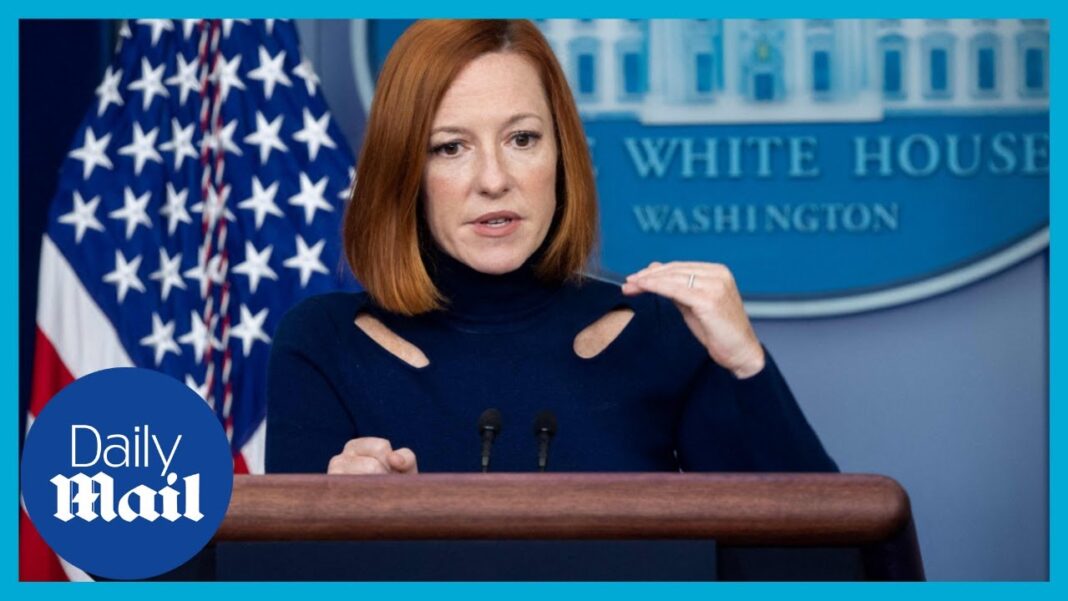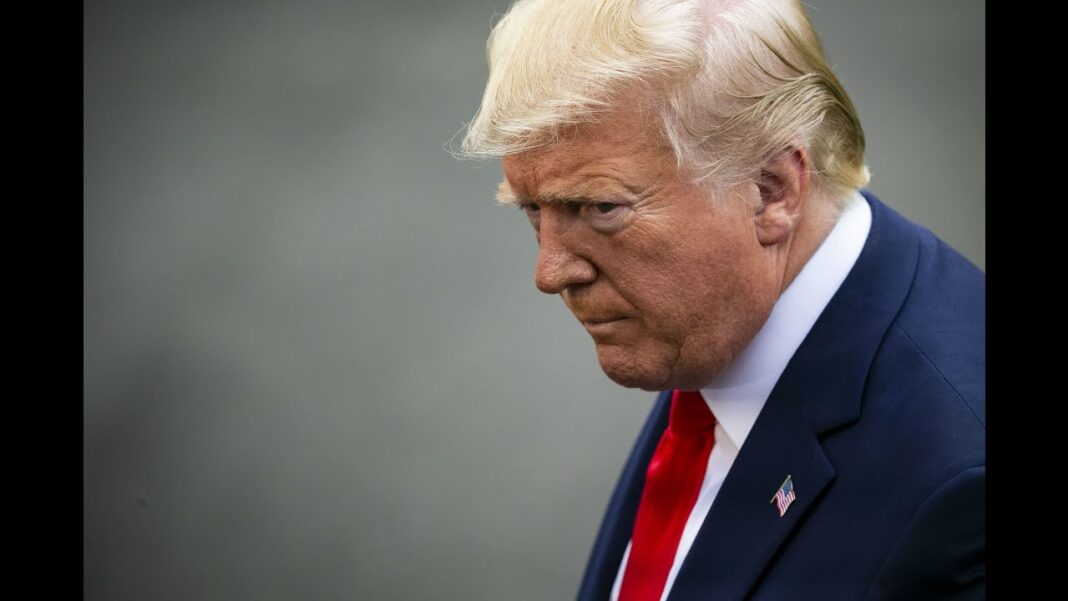
The U.S. government has won an appeal in a British court over the extradition of Wikileaks founder Julian Assange, with the ruling representing a major setback in his fight to avoid being handed over to U.S. authorities to face espionage charges.
The High Court in London ruled on Dec. 10 that assurances given by U.S. authorities were sufficient to guarantee that Assange, who has been charged in the United States for his role in publishing classified military and diplomatic cables, would be treated humanely.
The British High Court directed a lower court judge to send the extradition request for review by Britain’s home secretary, who oversees law enforcement in the UK and will have the final say on whether to extradite Assange.
Friday’s ruling overturns a January decision by a British court that considered the “special administrative measures” that Assange would likely face in the United States as “oppressive” due to having a negative impact on Assange’s mental health. District Judge Vanessa Baraitser denied the extradition in January on grounds that Assange was likely to attempt suicide if held under harsh conditions.
Court documents cited by CNN indicate that the basis for the High Court’s decision to grant the extradition request were “four assurances” provided by U.S. authorities regarding the conditions Assange would face in the United States. These are that Assange would not face “special administrative measures,” that he would not be held in a maximum security prison, that the United States would agree to an application by Assange to be transferred to Australia to serve his sentence if convicted, and that he would receive clinical and psychological treatment while in U.S. custody.
Stella Moris, Assange’s fiancée, called the High Court ruling “dangerous and misguided” and a “grave miscarriage of Justice,” according to a statement published on the Defend Wikileaks website.
Editor-in-chief of WikiLeaks, Kristinn Hrafnsson said in a statement that, with the High Court ruling, Assange’s life “is once more under grave threat, and so is the right of journalists to publish material that governments and corporations find inconvenient.”
“This is about the right of a free press to publish without being threatened by a bullying superpower,” Hrafnsson added.
By Tom Ozimek





